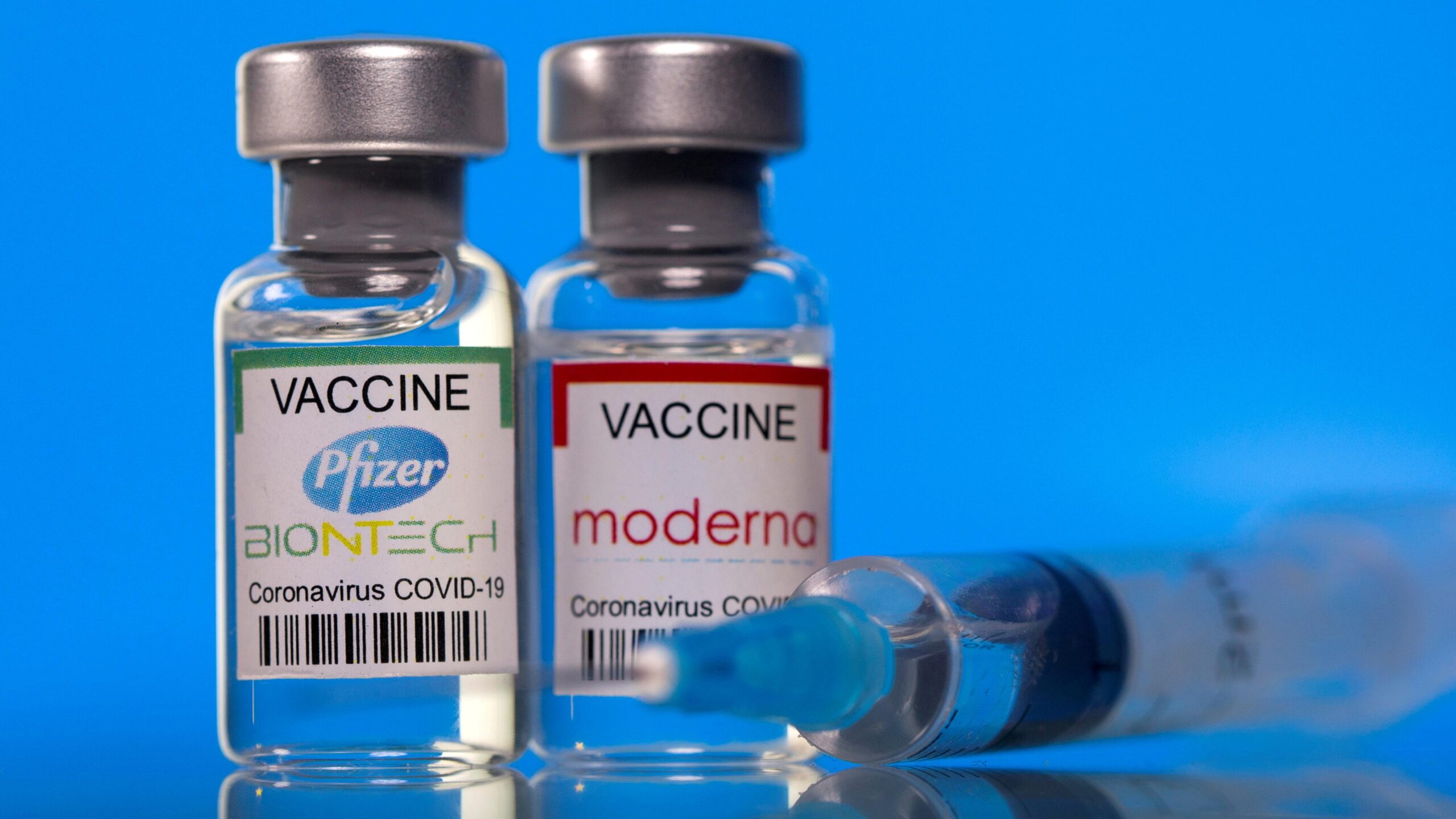Amid the acute shortage of COVID-19 vaccines in the country, the Centre is likely to grant indemnity against legal proceedings to foreign vaccine makers such as Moderna and Pfizer before they roll out their vaccines in India. The government’s decision came as part of its bid to ramp up the COVID-19 vaccine supply in the country.
In case, the Indian government approves the ‘indemnity clause’ being strived by Pfizer and Moderna against any legal proceedings, these foreign pharmaceutical companies will gain immunity over any claims linked to the use of its COVID-19 vaccine in the country.
Indemnity, in simpler terms, means security or protection against a loss or other financial burden. The indemnity clause will hence provide protection to vaccine-makers from any kind of legal proceedings in the country, which clearly denotes that if these foreign vaccine manufacturers receive permission of indemnity from the government, they can’t be sued in India.
With indemnity, when the foreign vaccine manufacturers will start rolling out their vaccines in the country, the government and not the vaccine maker, would be liable to compensate any citizen who claims to have side-effects after taking the vaccine jab.
However, Pfizer has obtained indemnity in many countries where its shots are already in use, including the UK and the US.
After Pfizer & Moderna, SII seeks ‘indemnity’ citing equality:
As the Central government is currently in talks with the American vaccine maker Pfizer over its demand for indemnity, the Pune-based Serum Institute of India (SII) also demanded protection against legal action over any severe side-effects arising out of its vaccines, calling for “same rules for everyone”.
Serum Institute of India (SII), the maker of Covishield in India was the first company in the country to demand ‘indemnity’ from the Government of India.
What caused government to take a U-turn on its decision?
The acute shortage of the COVID-19 vaccines in the country might be a major reason behind why the government is now re-thinking on the issue of indemnity and might grant security to foreign vaccine makers against legal proceedings.
In fact, in the month of February, despite Pfizer being the first company to file for COVID vaccine approval withdrew its application for emergency use authorisation (EUA) as the Indian government didn’t approve its demand for the indemnity clause.
Pfizer is reportedly in talks with the Indian government for supplying 50 million vaccine doses to the country between July and October but has stressed indemnity as a crucial requirement.

